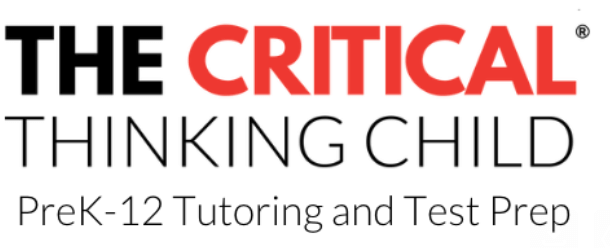Many parents and teachers dread their child asking this question, and it can be an intimidating one to answer. If disregarded, it can allow the child to internalize a negative self-belief. If approached with care and consideration, it can become a powerful, teachable moment and lead to valuable dialogue. As a result, the child can learn how to not only think of themselves in a more positive light, but also how to think critically about how they learn.
Here are a few talking points to facilitate this tough conversation:
Reflect on the power of perseverance
Author, professor, and researcher Carol Dweck often speaks of the “growth mindset.” In short, this refers to intelligence that expands (or grows) over time. Rather than looking at someone’s inherent ability to solve a problem, the growth mindset focuses on the effort put in.
When a child asks if they are stupid, remind them that no one is stupid, and everyone has room to grow if they take the time and put in the effort. It’s important to emphasize here that while your child might not know something, that doesn’t put it outside of their realm of possibility. It just means they don’t know it YET. This can teach them the power of persevering to learn a new skill.
Encourage your child to abandon the phrase “I can’t do this,” instead asking for help or finding areas to improve. Ask open-ended questions that allow them to explore the challenge in a new way, thinking about it critically.
Model how to manage frustration
Growth takes time and effort. As adults, we know this, but when a child is struggling to learn a new skill it can quickly become upsetting. Showing your child how to acknowledge and manage this frustration is key to facilitating growth and helping them feel capable.
Some helpful strategies include deep breathing, physical breaks, and brief distractions. Something as simple as going for a walk or singing a silly song can provide the mental break needed to lower frustration levels and work through challenging situations.
Modeling this for your child is also helpful. When you find yourself in frustrating situations, take the time to emulate these strategies. Then you can use yourself as an example when your child calls their intelligence into question, acknowledging that even you become frustrated and must take certain steps to alleviate the negative feelings.
Teach your child that “smart” looks different in different people
Every person learns differently, and taking the time to explain this to your child can help them grapple with their own doubts around their intelligence.
Emphasize with your child that everyone has that which comes naturally to them and that which they struggle with. Taking the problem and approaching it in a new way can open up new possibilities for understanding.
Additionally, “smart” doesn’t just mean getting perfect grades on math tests; it could mean being a skilled puzzle-solver, having a knack for building, or always being able to make your friends laugh. There are many paths to success and many ways to absorb and act upon new information.
Take the time to uncover your child’s learning style by taking our quiz. This will help you figure out how your child learns most naturally and will allow you to adjust course when needed.
Remind them that everyone is a learner
Along the same lines as multiple learning styles, the idea that everyone is a learner is something to share with your child as well. Children need to see that the adults in their lives make mistakes too, and this helps them understand that everyone is learning.
Model a growth mindset for your child: instead of saying “I’m bad at this,” say, “Wow! This is something I could really use more practice with.” Showing your own vulnerabilities can be difficult, but it helps your children to relate to the idea that everyone struggles with something and everyone can improve.
Many children wonder if they are stupid from time to time, but if your child chooses to ask you this loaded question, remind them of the power of perseverance! Tell them that everyone is a learner and that people are all strong and weak in different ways. These messages along with some strategies for managing frustration will result in meaningful conversations that can change children’s’ mindsets for years to come.



